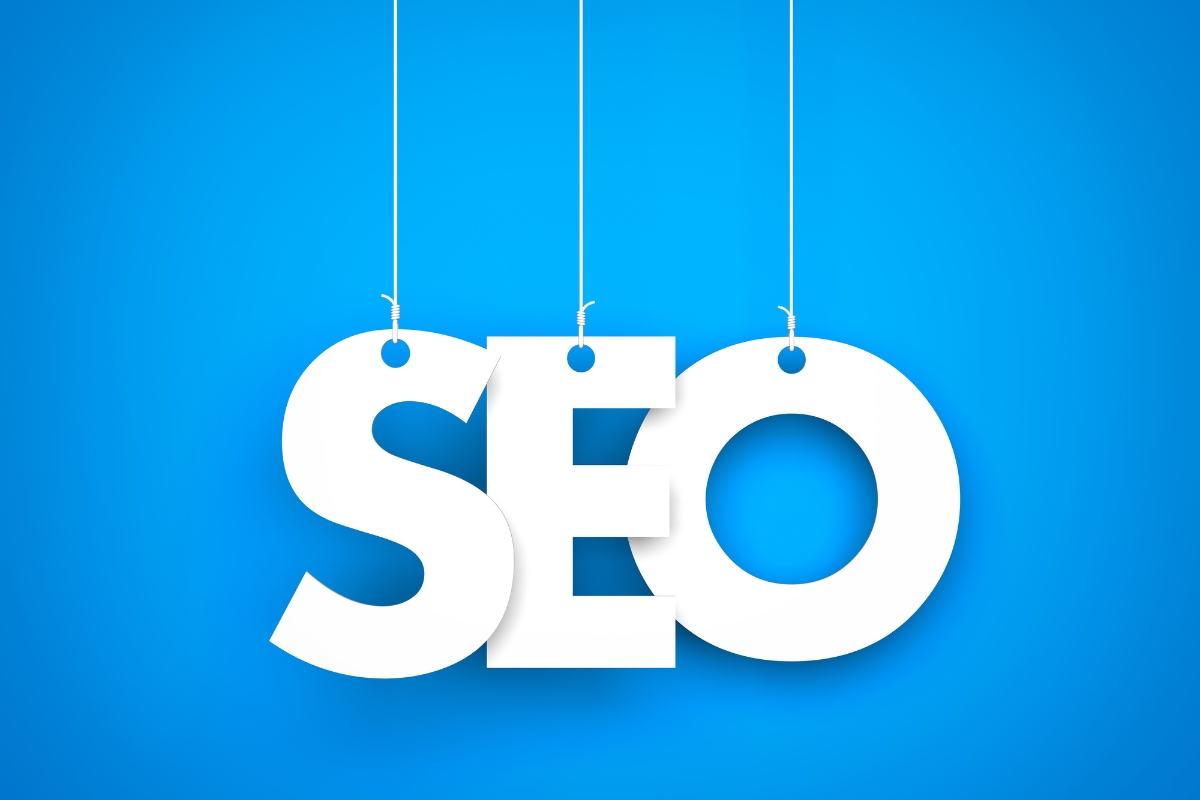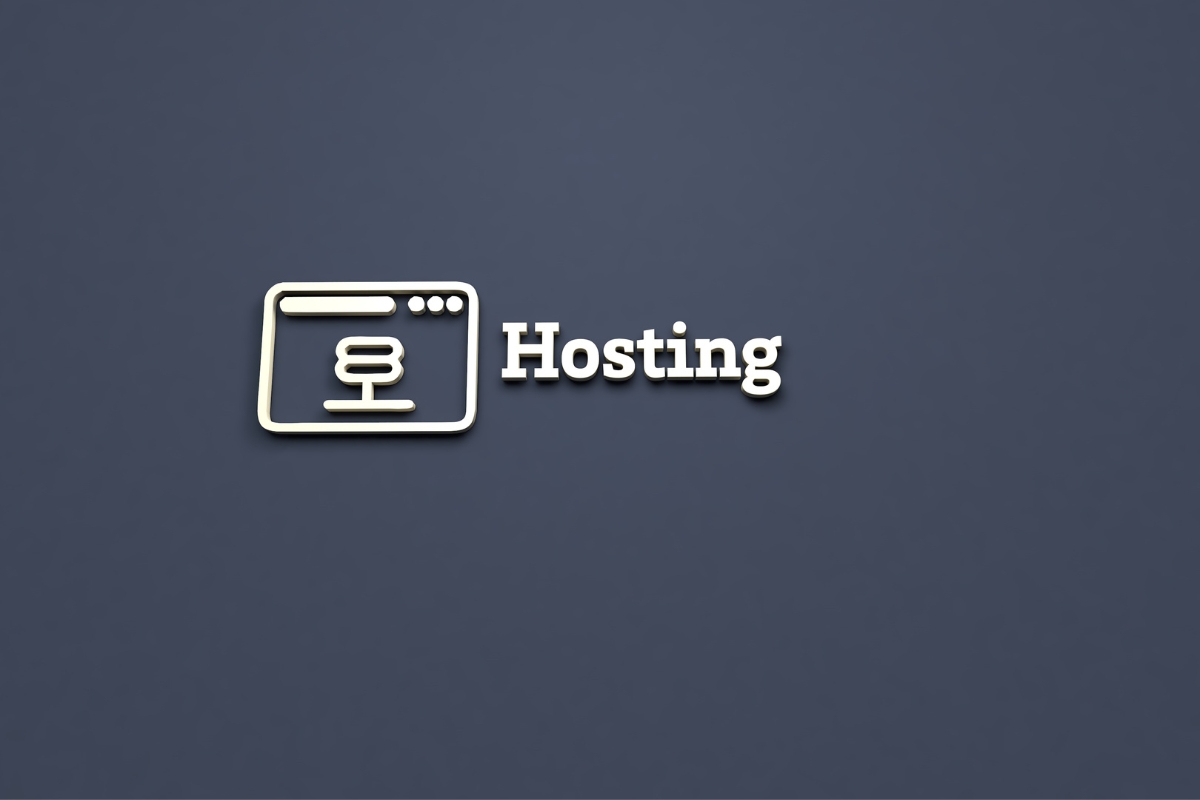In today’s digital landscape, having a strong online presence is essential for businesses of all sizes. And when it comes to building a successful website, one crucial factor often overlooked is the choice of hosting.
Whether you’re an experienced webmaster or just starting out, finding the best hosting for SEO can make a significant difference in your website’s visibility and performance.
But what exactly does “best hosting for SEO” mean? It goes beyond simply having a fast and reliable server. It involves a comprehensive understanding of how search engines work and the specific requirements they have for ranking websites.
In this ultimate guide, we will delve deep into the world of SEO hosting, uncovering the key factors to consider and providing you with the knowledge you need to make an informed decision.
Boost Your Rankings: How to Choose the Best Hosting for SEO
Understanding the Importance of SEO Hosting

SEO hosting plays a crucial role in boosting your website’s visibility and organic search rankings. When it comes to finding the best hosting for SEO, there are several factors to consider. In this ultimate guide, we will explore the importance of SEO hosting and provide you with valuable insights to help you make an informed decision.
One of the key aspects of SEO hosting is the use of unique IP addresses. Search engines consider websites sharing the same IP address as having a lower level of credibility. By opting for SEO hosting, you can ensure that each of your websites has its own dedicated IP address, which enhances your website’s reputation and improves its chances of ranking higher in search engine results pages (SERPs).
In addition to unique IP addresses, SEO hosting also offers various other features that contribute to better SEO performance. One such feature is server location. Search engines take into account the location of the server hosting your website when determining its relevance to specific search queries. With SEO hosting, you have the flexibility to choose server locations that align with your target audience, allowing you to improve your website’s local SEO.
Website speed is another critical factor that affects your SEO rankings. Search engines prioritize websites that load quickly and offer a seamless user experience. SEO hosting providers optimize their servers to deliver faster loading times, ensuring that your website meets these criteria. By choosing the best hosting for SEO, you can provide your visitors with a smooth browsing experience and increase the likelihood of higher search rankings.
Furthermore, SEO hosting often includes advanced WordPress security measures to protect your website from cyber threats. Search engines prioritize secure websites, and having an SSL certificate is essential for SEO. With SEO hosting, you can easily obtain and install SSL certificates, giving your website an added layer of protection and boosting its credibility in the eyes of search engines.
Server Speed and Performance: The Foundation of SEO Hosting

Server speed and performance play a crucial role in the success of SEO hosting. When it comes to finding the best hosting for SEO, these factors should be at the top of your priority list. A slow-loading website can have a negative impact on user experience, leading to high bounce rates and poor search engine rankings.
Search engines like Google consider website speed as one of the ranking factors. They prioritize websites that offer a fast and seamless user experience. Therefore, it is essential to choose a hosting provider that can deliver optimal server speed and performance.
By investing in a reliable hosting service, you can ensure that your website loads quickly, providing a positive user experience. This, in turn, can help improve your search engine rankings and attract more organic traffic.
To optimize server speed and performance, there are several factors to consider. Firstly, selecting a hosting provider with robust infrastructure and advanced technologies is crucial. Look for providers that offer SSD storage, content delivery networks (CDNs), and high-bandwidth connections. These features can significantly enhance your website’s loading speed.
Uptime and Reliability: Ensuring Your Website is Always Accessible

Uptime and reliability are crucial factors to consider when choosing a hosting provider for your website. Ensuring that your website is always accessible is essential for maintaining a positive user experience and maximizing your online presence.
When it comes to SEO, having a website that is consistently available to both users and search engines is vital. Uptime refers to the amount of time that your website is accessible and functioning properly. A high uptime percentage indicates that your website is reliable and can be accessed by visitors without any issues. On the other hand, a low uptime percentage means that your website may experience frequent downtime, leading to a negative impact on your SEO efforts.
Search engines like Google prioritize websites that are reliable and consistently accessible. If your website frequently experiences downtime, it can result in lower search engine rankings and decreased organic traffic. This is because search engines want to provide their users with the best possible user experience, and a website that is frequently inaccessible does not meet those criteria.
To ensure that your website has a high uptime and reliability, it is crucial to choose a hosting provider that offers robust infrastructure and reliable servers. Look for hosting providers that have a proven track record of high uptime percentages and offer guarantees for their services. Additionally, consider the server locations and network infrastructure of the hosting provider to ensure optimal performance and accessibility for your target audience.
Server Location: A Closer Look at the Impact on SEO

Server location plays a crucial role in determining the speed and performance of your website. When a user searches for a particular keyword, search engines like Google take into account the location of the user and the server hosting the website. If your server is located closer to the user, the website will load faster, resulting in a better user experience. This can positively impact your SEO rankings.
Additionally, server location also affects website loading times. If your website is hosted on a server that is far away from the user, it may take longer for the website to load, leading to a higher bounce rate. Search engines penalize websites with slow loading times, as it indicates a poor user experience. Therefore, it is important to choose a hosting provider that has servers located strategically to cater to your target audience.
Another important aspect to consider is the location of your target audience. If your website caters to a specific region or country, hosting your website on a server located within that region can give you an added advantage in terms of SEO. Search engines often prioritize websites that are locally hosted when displaying search results to users in that region.
Furthermore, server location also impacts website accessibility. Some countries have strict regulations and restrictions on internet access. If your server is located in a country with such restrictions, it may affect how easily your website can be accessed by users in that region. This can have a negative impact on your SEO efforts.
Technical Features to Optimize Your Website for Search Engines

When it comes to optimizing your website for search engines, there are several technical features that you should pay attention to. These features can significantly impact your website’s visibility and ranking on search engine result pages.
- Website Speed and Performance: One of the most critical technical features to optimize for search engines is the speed and performance of your website. Slow-loading websites not only provide a poor user experience but also have a negative impact on your SEO. To improve website speed and performance, consider minimizing HTTP requests, optimizing images, leveraging browser caching, and using a content delivery network (CDN) to serve your content.
- Mobile-Friendliness: With the widespread use of mobile phones and devices, search engines are now placing more of an emphasis on mobile-friendly websites. Always make sure that your website is responsive and adapts to different screen sizes. Implementing a mobile-friendly design not only improves user experience but also helps your website rank higher on mobile search results.
- URL Structure and Site Navigation: Having a clean and organized URL structure is crucial for SEO. Use descriptive and keyword-rich URLs that accurately represent the content of each page. Additionally, ensure that your website has an intuitive and user-friendly site navigation structure. This helps both search engine crawlers and users to find and navigate through your website easily.
- XML Sitemap: An XML sitemap is a file that lists all the pages on your website and helps search engines understand the structure of your site. By submitting an XML sitemap to search engines, you ensure that all your website pages are crawled and indexed correctly. This increases the chances of your content appearing in search results.
- Robots.txt File: A robots.txt file is used to communicate with search engine crawlers and control which pages of your website should be crawled and indexed. It is essential to have a properly configured robots.txt file to prevent search engines from indexing irrelevant or sensitive pages that you don’t want to be included in search results.
- Schema Markup: Using schema markup on your website can go a long way with helping search engines understand the content and context of your web pages better. Schema markup provides additional information about your content, such as reviews, ratings, business details, and events. This can help improve the visibility of your website in search results, as well as enhance the appearance of your listings with rich snippets.
- SSL Certificate: Having an SSL certificate installed on your website is not only essential for security but also plays a role in SEO. Search engines prioritize websites that use HTTPS over HTTP, as it ensures a secure connection between the user’s browser and your website server. Implementing an SSL certificate can boost your website’s trustworthiness and improve its search engine rankings.
Security Measures: Protecting Your Website and SEO Efforts

When it comes to website security, protecting your website and SEO efforts should be a top priority. Implementing the right security measures can not only safeguard your website from cyber threats but also help maintain and improve your search engine optimization (SEO) rankings. In this article, we will explore some effective security measures that can help you protect your website and preserve your SEO efforts.
One of the first steps in securing your website is to choose the best hosting provider for SEO. The hosting provider you select can have a significant impact on your website’s security and overall SEO performance. Look for a hosting provider that offers robust security features, such as SSL certificates, firewalls, regular backups, and malware scanning. These features will help prevent unauthorized access and protect your website from potential attacks.
Implementing strong passwords is another essential security measure. Weak passwords make it easier for hackers to gain unauthorized access to your website and compromise your SEO efforts. Make sure to use a combination of uppercase and lowercase letters, numbers, and special characters when creating passwords for your website’s backend, FTP accounts, and other administrative areas. Additionally, consider using a password manager to securely store and manage your passwords.
Regularly updating your website’s software and plugins is crucial for maintaining its security. Developers regularly release updates to fix security vulnerabilities and improve performance. By keeping your website’s software up to date, you ensure that any known security issues are patched, reducing the risk of exploitation by hackers. Many content management systems (CMS) have automatic update features, making it easier for you to stay on top of these updates.
Another security measure to consider is implementing a web application firewall (WAF). A WAF acts as a barrier between your website and potential threats, filtering out malicious traffic and protecting your website from common attacks such as DDoS attacks and SQL injections. A WAF can also help improve your website’s performance by caching content and reducing server load.
Regularly backing up your website is an essential security measure that can help you recover in case of a security breach or website crash. A comprehensive backup strategy should include both remote and local backups. Remote backups ensure that your data is stored offsite, protecting it from physical damage or loss. Local backups offer faster recovery options and are useful for quickly restoring your website in case of server issues.
Lastly, implementing an SSL certificate is crucial for both website security and SEO. An SSL certificate encrypts the communication between your website and its visitors, ensuring that sensitive information remains confidential. Additionally, search engines prioritize websites with SSL certificates in their rankings, improving your SEO performance.
Scalability and Flexibility: Accommodating Your Growing Needs

As your business grows, so will the demands on your website. That’s why scalability and flexibility are crucial factors to consider when choosing an SEO hosting provider. You need a hosting solution that can accommodate increased traffic, handle resource-intensive applications, and seamlessly scale as per your requirements.
Look for an SEO hosting provider that offers scalable plans or cloud-based solutions where resources can be easily adjusted based on your needs. This ensures that your website remains fast and responsive even during peak traffic periods, providing a positive user experience and maintaining your search engine rankings.
Customer Support: The Lifeline for Your SEO Hosting Journey

Customer support and website maintenance plays a crucial role in the success of your SEO hosting journey. When it comes to finding the best hosting for SEO, it’s not just about the technical aspects or the features offered by the hosting provider. The quality of customer support can make all the difference.
Why is customer support so important in the world of SEO hosting? Well, SEO hosting involves managing multiple websites on different IP addresses to improve search engine rankings. This can be a complex process, and having reliable customer support can be a lifesaver when you encounter any issues or need assistance.
Imagine you’re experiencing a sudden drop in search engine rankings, and you’re not sure what went wrong. You reach out to your hosting provider’s customer support, and they promptly investigate the issue for you. They identify that one of your websites has been hacked and is sending spammy links, negatively affecting your SEO efforts. Thanks to their quick response and expert assistance, you’re able to resolve the issue and restore your rankings.
On the other hand, imagine having a hosting provider with poor customer support. You’re left waiting for days, or even weeks, for a response to your urgent query. Meanwhile, your rankings continue to plummet, and you’re losing valuable traffic and potential customers. This can have a significant impact on your business and online presence.
When choosing the best hosting for SEO, it’s essential to consider the quality of customer support provided by the hosting provider. Look for hosting companies that offer 24/7 support through various channels such as live chat, email, and phone. Check their response times and read reviews from other customers to get an idea of their reputation when it comes to customer support.
Having access to knowledgeable and responsive customer support can save you time, effort, and money. Whether you need help with technical issues, website migrations, or simply have questions about your SEO hosting setup, having a reliable support system in place can make your journey smoother and more enjoyable.
Conclusion: Choosing the Best Hosting for SEO
Remember that investing in the best hosting for SEO is an investment in the long-term success of your online presence. So take the time to research different hosting providers, compare their offerings, read reviews from other users, and choose one that meets all your requirements.
Ready to take your website hosting to the next level? Choose Newman Web Solutions for professional SEO services and website maintenance services designed to boost your brand. Contact us at (404) 301-9189 or reach out through our website form to discuss how we can collaborate on optimizing your website’s hosting for maximum impact.





